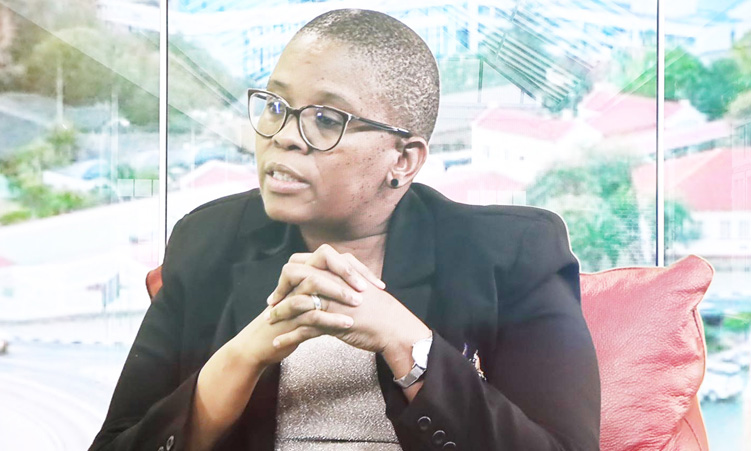Former minister of justice Yvonne Dausab says she does not resent president Netumbo Nandi-Ndaitwah’s decision to drop her from Cabinet.
“We mustn’t take some of these things personally, I certainly don’t. And I’m not saying it was easy . . . You now have to rearrange your life in terms of the next things you’re going to be doing, but it’s certainly not an insurmountable task,” she told Desert FM yesterday.
She said she wants Namibia to produce caring citizens, and to decrease the rising cases of gender-based violence, particularly those involving children.
Dausab said she hopes Namibia will become a country that does not thrive on the hurt of others, denigrating other human beings and wanting to cause reputational damage to people, as is currently the trend.
“I hope that we will become a society that takes care of each other, the kind of society the Namibian house aspires to be, where everybody feels included, and that won’t discriminate against anyone that is part of the human family,” she said.
Dausab said she hopes Namibia will focus on a development agenda that will ensure social justice, and that the law will become a tool to enhance this.
Meanwhile, Dausab said the decision to withdraw the ombudsman bill from parliament was unfortunate but necessary to strengthen the content and substance of the piece of legislation.
The bill was meant to give independence to the ombudsman but faced criticism from some parliamentarians, including the current minister of works and transport, who says the bill’s definition of ‘human rights’ could facilitate advocating for the rights of lesbian, gay, bisexual, transgender, queer/questioning, intersex and other people in Namibia.
“But I think sometimes taking a step back is not a bad thing. The ombudsman bill was really to strengthen the mandate of the ombudsman, one, but also to make it an independent body, because it’s a watchdog,” Dausab said.
The bill, tabled in parliament earlier this year, sparked debate over its wording, particularly regarding human rights protections.
Speaking to Desert FM in an earlier interview, former justice ministry executive director Gladice Pickering explained that the decision to withdraw the bill was made to allow for further consultation with the ombudsman and other stakeholders.
Pickering clarified that the bill defines human rights as “any fundamental rights of freedom as contained in chapter 3 of the Namibian Constitution” and any human rights or freedoms forming part of the Namibian law under Article 144.
However, concerns arose about whether this definition adequately captures all aspects of human rights protection.
INDEPENDENCE
Dausab emphasised that it is important for the office to be independent to carry out its mandates efficiently and with no suspicion of foul play.
She disputed any claims that there would be interference in the work of the ombudsman, because of its status as a constitutional office.
“It has a very clear mandate that is set out in the provisions of the Namibian Constitution that pertains to human rights protection, promotion, [and] to maladministration and investigation of public institutions and officials in respect of various aspects of mismanagement.”
Stay informed with The Namibian – your source for credible journalism. Get in-depth reporting and opinions for
only N$85 a month. Invest in journalism, invest in democracy –
Subscribe Now!










